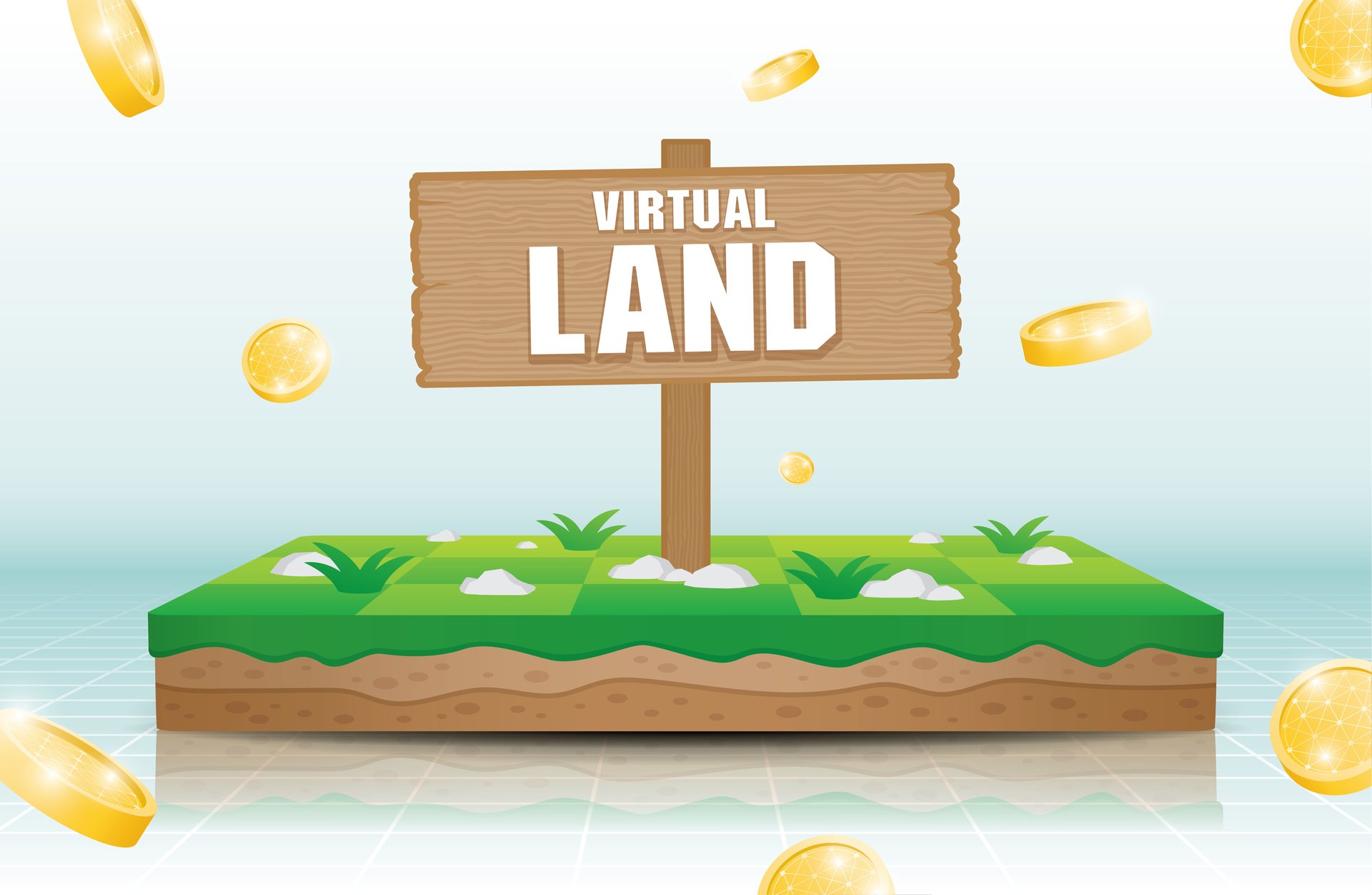BlackRock, Coinbase, and more are taking tokenized funds mainstream — but what are they?
The tokenization of financial assets is a hot trend in the blockchain business

The tokenization of real-world assets or funds has become a popular trend among cryptocurrency enthusiasts. Last week, the asset management division of Coinbase, a U.S.-listed cryptocurrency exchange, announced the creation of a tokenized money-market fund.
Suggested Reading
Prior to that, BlackRock, the world’s largest asset manager, launched a fund called BUIDL in March. This fund holds U.S. Treasuries and operates on the Ethereum blockchain network. Since its inception, it has accumulated $500 million in assets. Other investment titans, such as Franklin Templeton and Ondo Finance, have both introduced tokenized versions of money-market funds and ETFs, respectively.
Related Content
But what is the meaning of fund tokenization, and why do we need it?
In simple terms, the tokenization of funds is the process of converting real-world assets (RWAs) or funds into digital tokens using blockchain technology. Real-world assets encompass tangible assets like real estate, intellectual properties, art, currencies, commodities, equities, bonds, money markets, and more. These assets frequently encounter challenges related to liquidity, transparency, and accessibility within the traditional financial world.
Blockchain technology allows real-world assets to be tokenized into digital tokens that allow fractional ownership, making physical assets more accessible to a wider audience. Tokenizing real-world assets increases liquidity, transparency, and accessibility. It is often viewed as a way to democratize the traditional financial markets.
Matthew Higginson, a partner at McKinsey & Company, recently co-authored an article on the tokenization of funds titled, “From Ripples to Waves: The Transformational Power of Tokenizing Assets.” The article discusses the benefits of tokenizing funds, claiming that the potential value of tokenized assets could reach almost $2 trillion by 2030. In an interview with Quartz, he said that the tokenization of funds represents the future.
Higginson told Quartz that using digital tokens to represent investment funds can simplify or automate processes, thus reducing costs. “A reduction in the cost of administration, and therefore in the cost of investing in those funds.”
How can a real estate property be tokenized?
Real estate property can be converted into a tokenized fund by transferring the ownership of a physical property into digital tokens on a blockchain network. Each token represents a share of ownership in the property, and these tokens can be purchased, sold, or traded, similar to stocks. The digital tokens for real estate are offered to investors through either a private sale or a public offering, which is similar to an IPO but for tokens.
What are the advantages of tokenization?
Tokenizing a real estate property (or any other financial asset) offers numerous advantages. Traditionally, real estate lacks liquidity, but with tokenization, investors can easily buy and sell their shares. Blockchain technology guarantees transparent and immutable transaction and ownership records, fostering a high level of trust. Token holders can receive rental income or property profits based on the number of tokens they hold.
Tokenizing financial assets reduces the barrier to entry for investors, enabling individuals to invest in real estate with smaller amounts of capital. This opens up the property market to a global pool of investors rather than limiting opportunities to local residents.
But there are challenges as well
Tokenizing funds has its limitations. This is because the concept is still relatively new, and widespread adoption is still in progress. Blockchain technology is still evolving, and there may be concerns about security, scalability, and interoperability. Regulatory compliance is also an issue because different jurisdictions have varying regulations concerning tokenized assets, which can be complex to navigate.
According to Higginson, progress is typically slow in the early stages of any technology, such as cell phones. He believes that the finance industry is at a turning point with the real-life applications of tokenization.
“What we haven’t yet seen is the scaling up of that. Essentially, because it’s new, we don’t have a large audience either on the issuance side or on the buy side.” But soon, it will pick up the pace, he said.